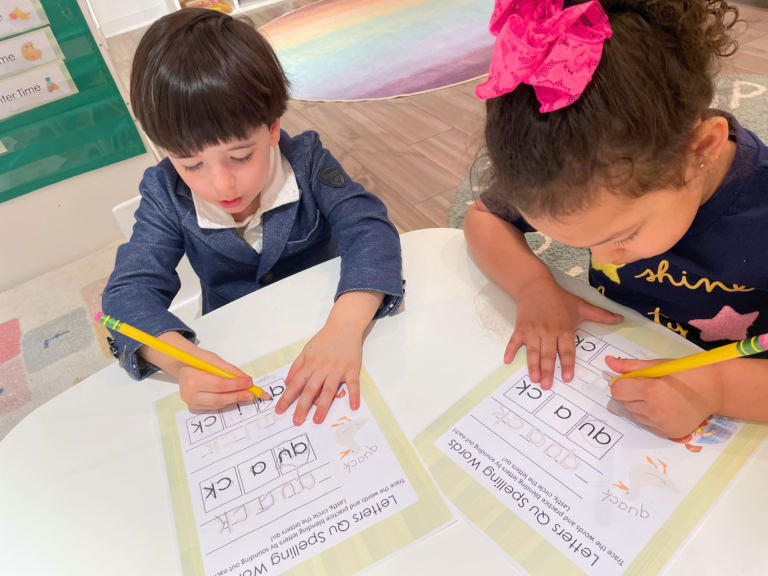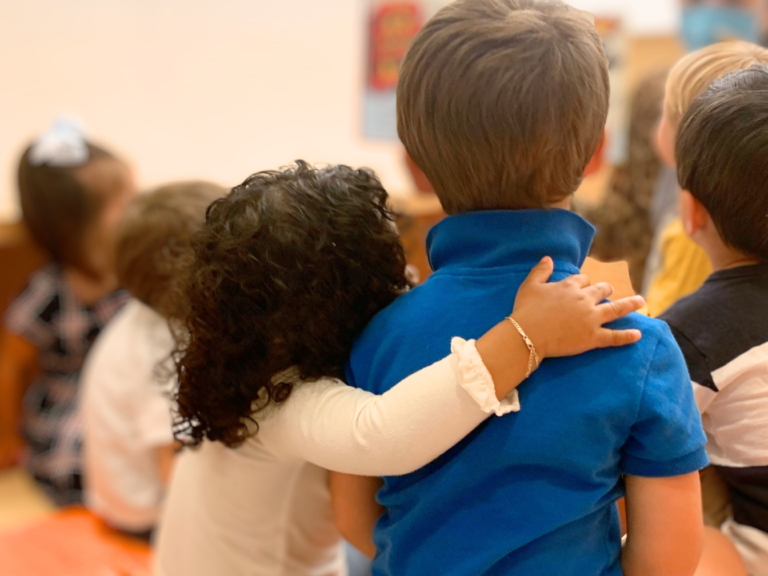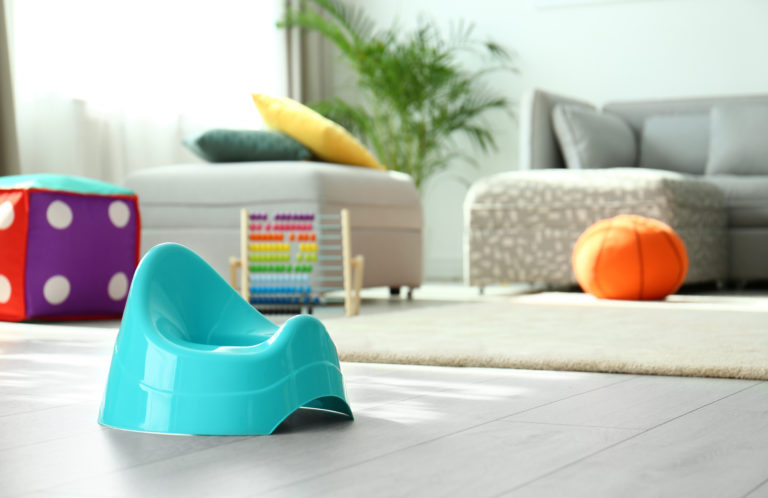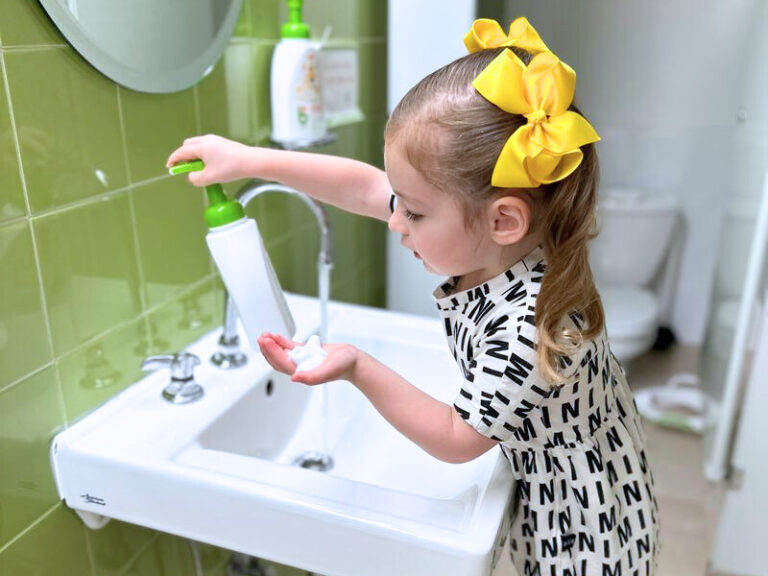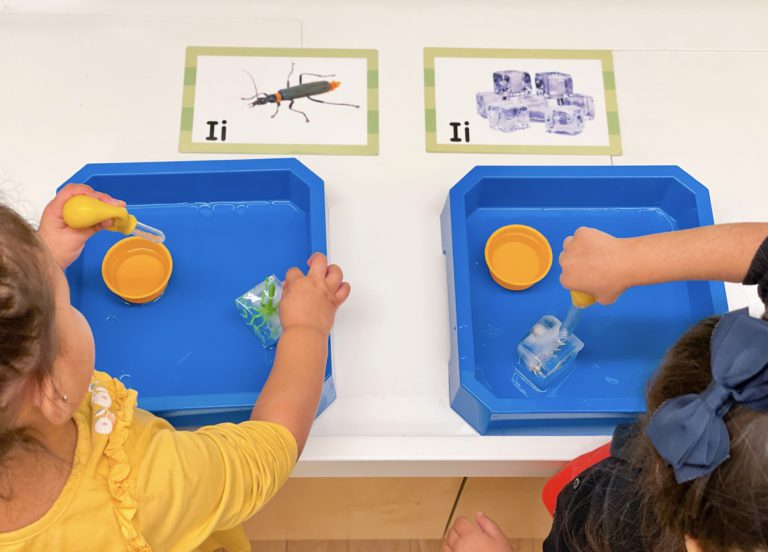Teaching Consent to Children
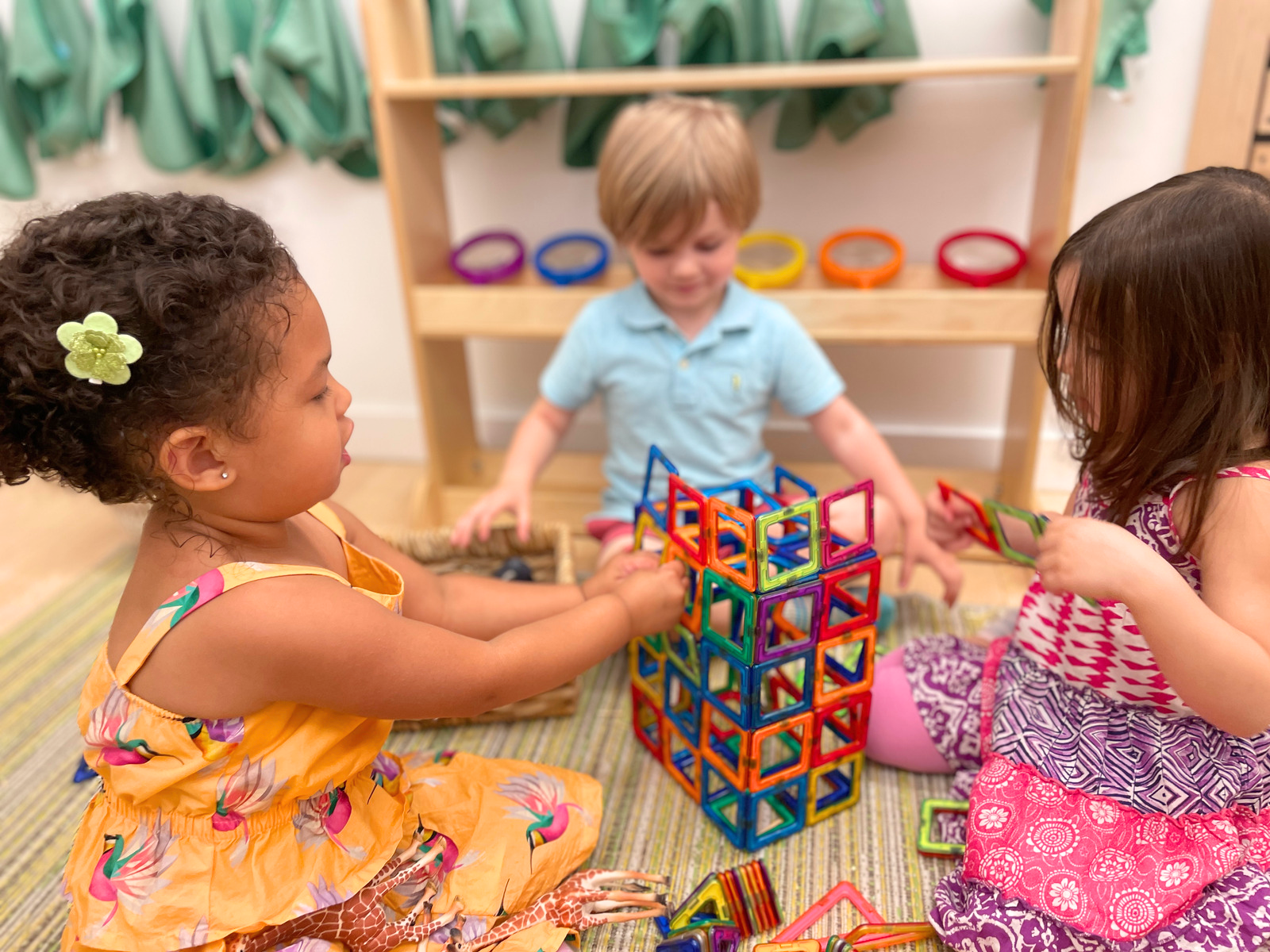
The top priority of anyone with children or anyone in child care/early childhood education is safety — both physically and the emotional wellbeing of children. Making sure their seatbelt is buckled when you ride in a car, or that they hold your hand while you cross the street, parents and child care providers alike know the ways we ensure the safety of the little ones we look after. We teach them what it looks like to keep ourselves safe in a car or crossing the street, so they are capable of learning how to keep themselves safe physically and emotionally. Therefore, children are capable of understanding and practicing consent.
Consent is permission given in agreement for something to happen. Simple as that. Consent is about respecting boundaries and understanding both the meaning and the power of the word “no.” It’s important to your little one’s social emotional learning and development that they understand consent, as it helps people feel emotionally and physically safe and healthy. When people feel safe and healthy, they are more likely to express themselves, get the most out of their early childhood education, and live their lives to the fullest; conversely, not feeling safe and healthy can lead to poor self expression and even bullying.
It is also critical that if at any point your little one does not feel comfortable or safe, that they feel safe enough to talk to a trusted adult, especially a parent or guardian.
Below are some parenting tips for understanding and teaching consent to your kids alongside their early childhood education and early social emotional learning!
Consent to Touch
A lot of us grew up being told to hug or kiss distant relatives we saw at large gatherings, some of whom were complete strangers. It was uncomfortable, but we did it anyway because our parents told us to. Children do not need to participate in traditional social expectations like hugging and kissing goodbye. It’s an outdated social norm that we can do without.
For example, let’s say you’re at a birthday party and Auntie wants a hug from your little one. Your little one hides behind you and very clearly does not want to hug this person. You get on your little one’s level and ask “would you like to give Auntie a hug?” Your little one shakes their head, “no.” You turn to Auntie and say “they do not want a hug right now, maybe later.”
When you validate your little one’s feelings and show how boundaries can be respected, you solidify yourself as someone who will support them and keep them safe; you also show your little one how powerful their “no” is.
At Playgarden Prep, we have a zipline that goes across our sports floor. It has green handle bars that kids hang on to as they fly across the room. We do use it in classes, but it is most popular at birthday parties. About 98% of the kids need help reaching the handle bars. When it is their turn, I invite the little one up, ask them their name, and ask for their consent to pick them up. They do not need me specifically to pick them up. Some kids feel more comfortable with the adult they came with picking them up, and I will always respect that and never take offense. Most party kids are meeting me for the first time, so if they feel safe with me picking them up, that’s great, but if they do not, that will not keep them from having the same positive experience on the zipline as their friends.
Attempting to adhere to social expectations is becoming more and more challenging, which is why the safety and comfortability of your little one is the most important factor at the end of the day.
Making Decisions
Building trust with your little one involves listening to them when they have something to say. We know kids have a lot to say, and when you lend them an ear for more than a few seconds, you can see their eyes light up when they realize that you are listening. They are more likely to come to you with problems when they know you are a person who will listen to them. Show their thoughts and ideas respect, just like you’d want respect shown for yours.
Try to involve your child in group decision making when appropriate, maybe picking a restaurant for dinner, or how to spend a Saturday. Let them weigh in and show them you care about what they have to say. This also helps with social emotional learning and development — learning the importance of caring about other people’s thoughts and ideas. You’ll show how you listen to others the way they listen to you, and how decisions can be made and problems can be solved when you work together.
Social Media
While parenting tips and social emotional learning advice for people with teenagers is another topic entirely, there is something to say about consent with social media. As your little one gets older, especially if they have started getting on social media, pause before posting a picture that has your child in it. They have a right to consent to what is posted online about them. Of course you have the right to post whatever you want, however if you show your child a photo they do not want out there, consider their feelings. Consider what you’re posting; older kids can feel embarrassed or even get teased, and that can lead to bullying, at school and online. Especially in the midst of their adolescent social-emotional development, if teens are teased by a trusted adult, it is possible they could become the one teasing their peers. Keep that open conversation and respect their boundaries when it comes to social media.
Children Understanding Consent
The best way to have kids grasp this concept is to have open and honest conversations about consent with imaginary situations. As they get older, make sure your child understands that they can say no to anything, no matter the relationship status or situation. Encourage them to speak up when something doesn’t feel safe or comfortable. Ensure them that you will support them in those situations.
I understand there can be difficulty understanding or discomfort about the subject matter, and grown-ups may feel a bit uncomfortable talking about the topic at first. Many people look for parenting tips on this subject. This is a conversation that people are really just starting to have with their kids — it’s not a conversation a lot of us got at such a young age, much less within our own early childhood education. But respecting consent is a life skill that every person needs to learn; it’s critical for social emotional learning. If you work with open conversation and healthy communication, discussing consent with your little one will come easier. This can also lead to smoother transitions into more sensitive topics as children move into their adolescent and teen years.
It All Starts with Us
Practicing healthy communication and respecting family members’ boundaries are the building blocks for developing a child’s understanding of consent. And learning consent is critical for their whole social emotional learning journey and early childhood education. We say it time and time again; lead by example. If communication is something your household struggles with, you are not alone. Seek out ways to use healthier coping strategies and communication tools, so your little one can grow up in a thoughtful and respectful household!
Contact Playgarden Prep for parenting tips today!
Check out more parenting tips and DIY projects by contacting us HERE or calling (646) 504-4716.
Popular


Hi, I'm Miss Julia!
Miss Julia has been an early childhood educator for 5 years, with over 10 years of experience working in childcare. She has been teaching at Playgarden Prep since 2017, and is happy to share ideas on some of her favorite early education topics with you! Miss Julia has a BA from UC Irvine, and uses her experience in performing arts to inspire little ones every day in her enrichment classes at Playgarden. In her free time, Miss Julia loves enjoying nature, cooking, and creating with friends.

